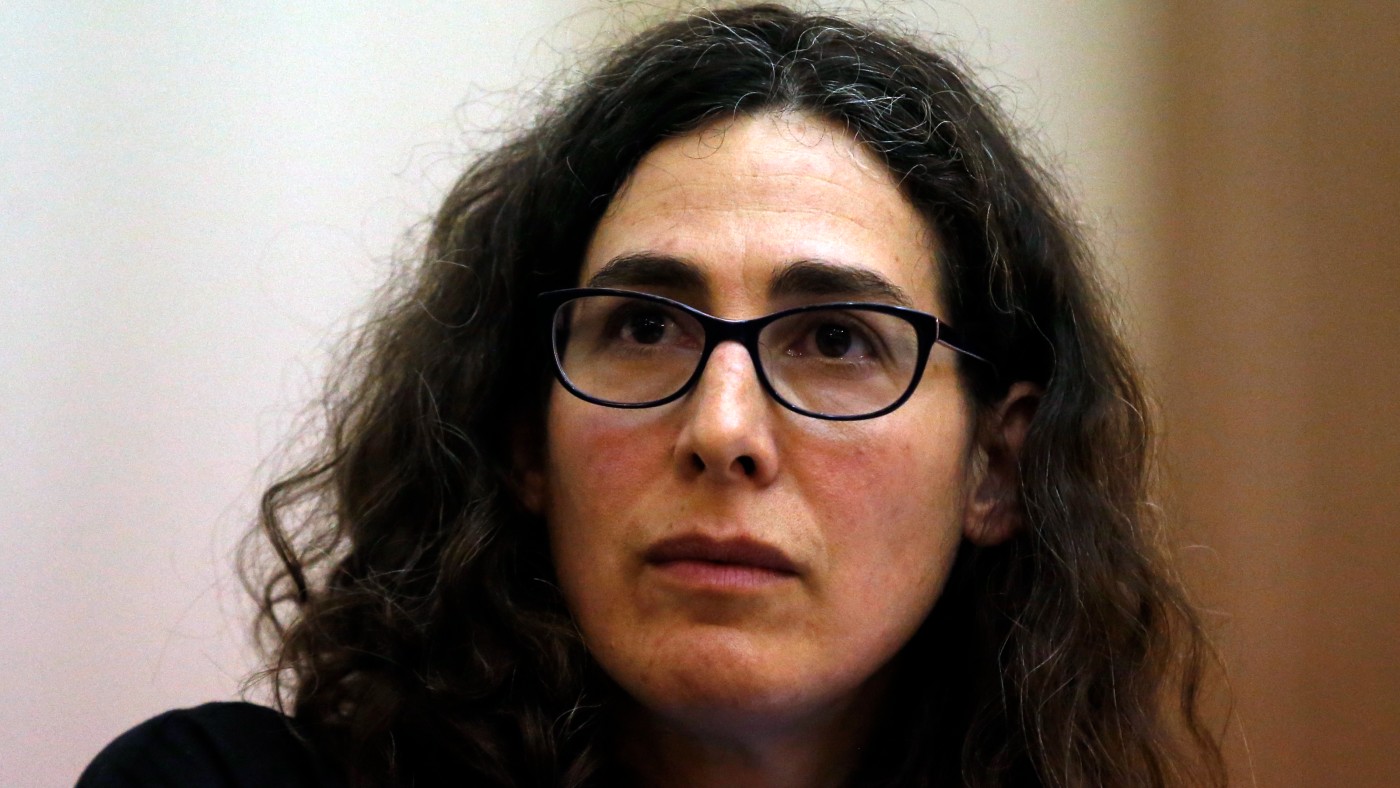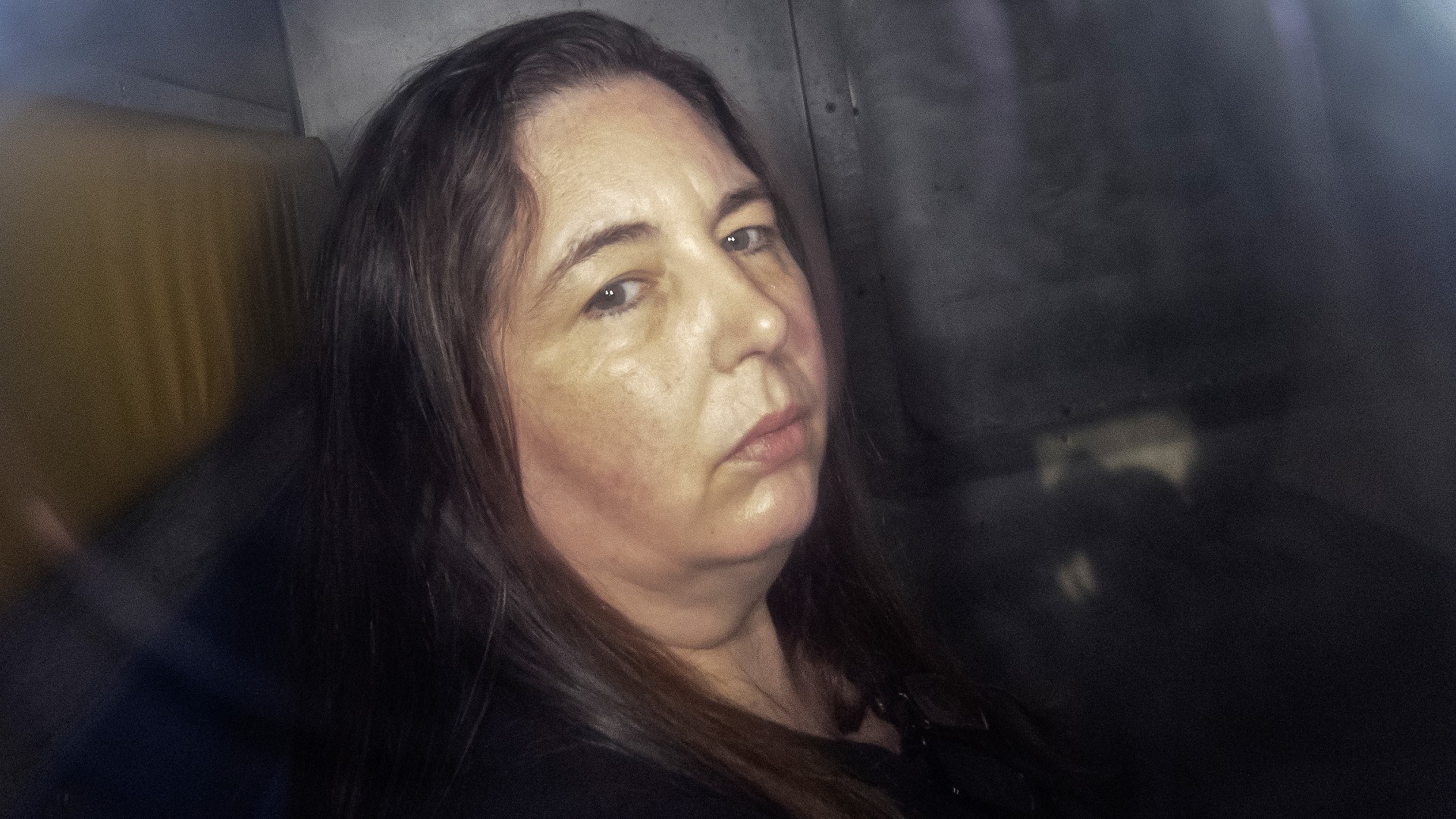The ethics of Serial and true crime entertainment
Release of Adnan Syed has reignited debate over the role of the genre

A free daily email with the biggest news stories of the day – and the best features from TheWeek.com
You are now subscribed
Your newsletter sign-up was successful
The release from jail this week of Adnan Syed, whose murder conviction 23 years ago gained notoriety via the popular podcast Serial, has reignited the debate over the ethics of true crime entertainment.
Serial podcast: will Adnan Syed be cleared? The Week Unwrapped podcast: True crime, office homes and the electoral college
Serial “was the hit podcast that truly kickstarted true crime as an entertainment genre – and altered the course of justice as a direct result”, said Sky News.
There is “no doubt that the attention that ‘Serial’ brought to the case helped Mr. Syed”, agreed America magazine. But the podcast “seems to have little to do with the actual reason for his release”, given that his lawyers spent the last eight years since it first aired “trying unsuccessfully to get Syed a new trial”, it added.
The Week
Escape your echo chamber. Get the facts behind the news, plus analysis from multiple perspectives.

Sign up for The Week's Free Newsletters
From our morning news briefing to a weekly Good News Newsletter, get the best of The Week delivered directly to your inbox.
From our morning news briefing to a weekly Good News Newsletter, get the best of The Week delivered directly to your inbox.
Syed, now 41, spent 22 years in prison for the murder and kidnapping of his ex-girlfriend Hae Min Lee. But his conviction was quashed this week and he was released into home detention. A new trial has been ordered.
So is true crime entertainment a help to the criminal justice system and what are the ethics behind it?
‘A tendency to distort people’s views’
The attention that true crime brings to criminal cases can go some way to finding justice. Australian podcast The Teacher’s Pet prompted a number of clues from listeners who remembered information that was relevant to Sydney teacher Lyn Dawson’s disappearance in 1982.
But one of the issues with true crime series is they concentrate on a small part of the criminal justice system. “They tend to focus on the most exceptional parts of the system and therefore kind of the most spectacular, but because of that often the rarest kind of breakdowns,” John Pfaff, professor of law at Fordham University, told America.
A free daily email with the biggest news stories of the day – and the best features from TheWeek.com
More broadly, while these shows are educational in nature and bring “more attention to potential injustices”, they also have “a tendency to distort people’s views of crime and justice," Dawn Cecil, a criminology professor at the University of South Florida, told AFP.
On top of this, true crime “invites us to speculate, score points and take sides”, says Amelia Tate in The Guardian. It “invites us to be entitled” and attempts to force us to be certain about something rather that admitting “that we are just spectators; that we know very little at all”.
‘Conspicuously well made’
Much of the success of true crime entertainment in recent years is down to the fact that many high-profile series are “conspicuously well made, with lovely visuals and strong reporting”, said Vulture’s Alice Bolin. They have “subtle senses of theme and character, and they often feel professional, pensive, quiet – so far from vulgar or sensational”, she added.
But equally, “behind every gripping case, there is a family who have suffered and don’t want to pick over the horrific details, no matter how sensitively they’re treated”, said Hannah Verdier in The Guardian. The family of Hae Min Lee, who Syed was convicted of murdering, “has regularly said they are unable to move on because of all the attention on her case”, reported AFP.
“This is not a podcast for me. It’s real life,” Lee’s brother Young Lee said through tears in a statement to the court this week. “It’s a nightmare.”
Jamie Timson is the UK news editor, curating The Week UK's daily morning newsletter and setting the agenda for the day's news output. He was first a member of the team from 2015 to 2019, progressing from intern to senior staff writer, and then rejoined in September 2022. As a founding panellist on “The Week Unwrapped” podcast, he has discussed politics, foreign affairs and conspiracy theories, sometimes separately, sometimes all at once. In between working at The Week, Jamie was a senior press officer at the Department for Transport, with a penchant for crisis communications, working on Brexit, the response to Covid-19 and HS2, among others.
-
 Political cartoons for February 20
Political cartoons for February 20Cartoons Friday’s political cartoons include just the ice, winter games, and more
-
 Sepsis ‘breakthrough’: the world’s first targeted treatment?
Sepsis ‘breakthrough’: the world’s first targeted treatment?The Explainer New drug could reverse effects of sepsis, rather than trying to treat infection with antibiotics
-
 James Van Der Beek obituary: fresh-faced Dawson’s Creek star
James Van Der Beek obituary: fresh-faced Dawson’s Creek starIn The Spotlight Van Der Beek fronted one of the most successful teen dramas of the 90s – but his Dawson fame proved a double-edged sword
-
 Ex-Illinois deputy gets 20 years for Massey murder
Ex-Illinois deputy gets 20 years for Massey murderSpeed Read Sean Grayson was sentenced for the 2024 killing of Sonya Massey
-
 Why have homicide rates reportedly plummeted in the last year?
Why have homicide rates reportedly plummeted in the last year?Today’s Big Question There could be more to the story than politics
-
 Campus security is under scrutiny again after the Brown shooting
Campus security is under scrutiny again after the Brown shootingTalking Points Questions surround a federal law called the Clery Act
-
 How the Bondi massacre unfolded
How the Bondi massacre unfoldedIn Depth Deadly terrorist attack during Hanukkah celebration in Sydney prompts review of Australia’s gun control laws and reckoning over global rise in antisemitism
-
 Australian woman found guilty of mushroom murders
Australian woman found guilty of mushroom murdersspeed read Erin Patterson murdered three of her ex-husband's relatives by serving them toxic death cap mushrooms
-
 Crime: Why murder rates are plummeting
Crime: Why murder rates are plummetingFeature Despite public fears, murder rates have dropped nationwide for the third year in a row
-
 The missed opportunities to save Sara Sharif
The missed opportunities to save Sara SharifTalking Point After each horrific child abuse case, we hear that lessons will be learnt. What is still missing?
-
 Haitian gangs massacre hundreds accused of 'witchcraft'
Haitian gangs massacre hundreds accused of 'witchcraft'Under the Radar Vodou practices blamed for gang leader's son's illness, as elderly are hacked to death in Port au Prince